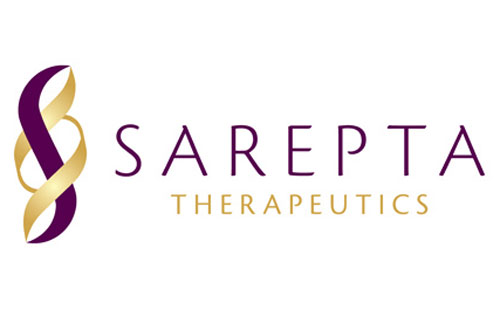
Following the disappointing FDA rejection of its latest treatment for Duchenne Muscular Dystrophy (DMD) in August, Sarepta Therapeutics has scored positive data for a new gene therapy targeting limb-girdle muscular dystrophy.
Sarepta received a complete response letter for Vyondys 53 (golodirsen) from the FDA citing worries about kidney toxicity and infection risk as the basis of the rejection.
Sarepta has been down-on-luck since then, facing another blow earlier this month when NS Pharma filed a rival Duchenne drug with the FDA. However, the company has now scored positive nine-month functional results from a clinical trial of three limb-girdle muscular dystrophy type 2E (LGMD2E) patients treated with its new gene therapy.
People with this genetic disease lack the beta-sarcoglycan gene, which causes progressive and debilitating weakness in the muscles around the hips and shoulders, and then spreads to the arms and legs.
It generally causes an inability to walk by teenage years, and most patients die before the age of 30.
The investigational gene therapy – SRP-9003 – is designed to “transduce skeletal and cardiac muscle with a gene that codes for the full-length, native beta-sarcoglycan protein”, which causes the disease.
It demonstrated functional improvements at day 270 (nine months of treatment) in all three patients taking part in the trial.
These improvements were demonstrated across a number of functional measures, including a standard test known as the North Star Assessment for Dysferlinopathy (NSAD). This includes time to rise, four-stair climb, 100-metre walk test and 10-metre walk test.
The levels of creative kinase were also significantly reduced – this enzyme biomarker is associated with muscle damage in people with the genetic disease.
According to Sarepta, there were no new safety signals and the safety profile of the therapy supports the ability to dose escalate the next study cohort.
However, two of the study participants had elevated liver enzymes – one of these was deemed a serious adverse event. Steroid treatment, which is given to prevent immune responses to the viral vectors used to deliver the gene therapy, had been reduced, with enzyme counts stabilising when steroid treatment was recommenced.
The preliminary positive data is welcome news for Sarepta, which has seen its shares plummet over the last few months. Shares rose around 7% following the announcement, which could buoy the company going forward.




